Will ECOWAS throw Africa into a war without thinking twice?
BY SOUMANOU SALIFOU
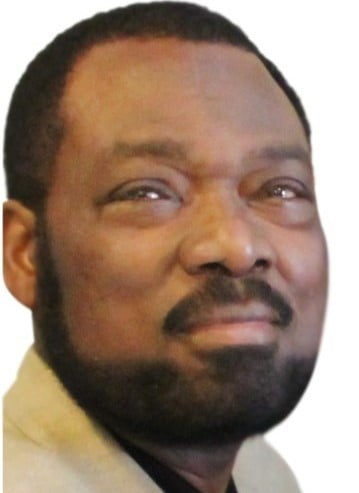
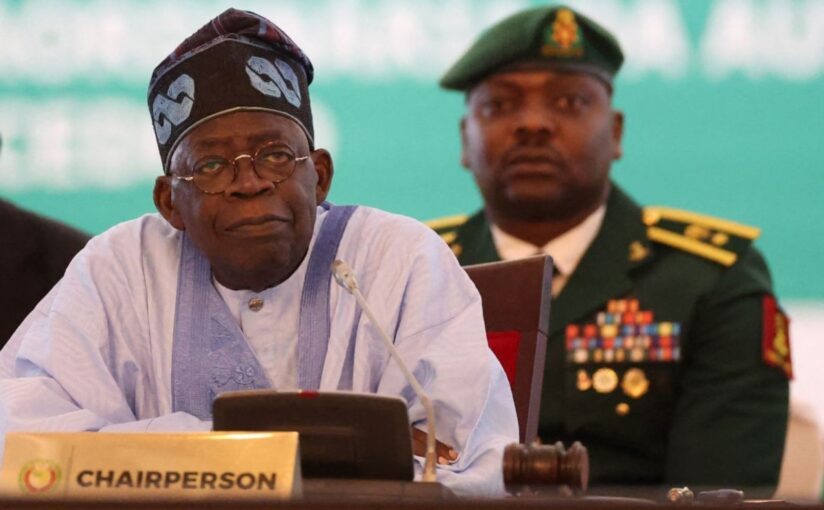
West African top leaders, acting under the umbrella of the Economic Community of West African States, ECOWAS, are adamant: the use of military force to restore the deposed democratically elected president of Niger, Mohamed Bazoum, is a strong possibility if diplomacy fails to undo the coup. The latest news reports indicate, hours before the expiration of the week-long ultimatum given to the junta, that hell is likely to break loose in the next few days, unleashing a regional war never seen before in Africa. One can imagine the extent of the potential carnage after other countries pledged to fight alongside Niger.
The popular saying “Damned if you do, damned if you don’t” comes to mind when one looks at the two possible scenarios: If, indeed, ECOWAS delivers on its threat, the regional organization which has been repeatedly discredited for failing to support the rule of law across the area, will see its image further tarnished. On the other hand, a military intervention in Niger will most likely lead to a large-scale regional war with massive bloodshed that will define ECOWAS for decades to come.
ECOWAS likely military intervention in Niger would not be unprecedented. A half-dozen times in the past, the organization has successfully used military force, largely provided by the region’s leader, Nigeria, to restore law and order—with little bloodshed, sometimes none. From the 1998 ECOMOG force’s intervention in Sierra Leone’s civil war to its involvement in the Gambia in 2017 to allow the winner of that year’s presidential election, Adama Barrow, to serve, thus forcing the incumbent president, Yahya Jammeh, to go in exile.
But these are different times
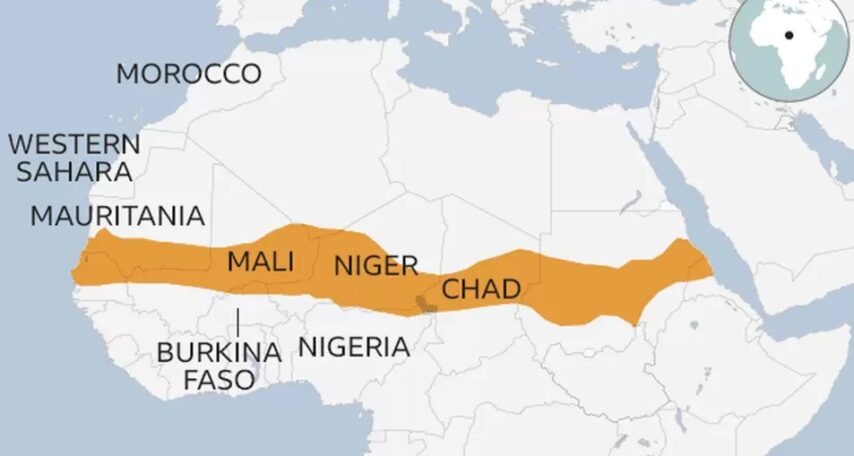
Russia, not too long ago a defunct superpower in retreat after the breakup of the Soviet Union following the fall of the Berlin Wall in 1989, recently reemerged on the global stage and unleashed its diplomats and security personnel around the globe, including Africa. In the Sahel region, Mali and Burkina Faso, after breaking ties with their traditional ally, France, fell prey to the private Russian army, the Wagner Group, owned by Russian leader Vladimir Putin’s friend, Yevgeny Prigozhin. In essence, the Wagner Group extracts these impoverished countries’ minerals in return for shielding their leaders against coups and, theoretically, fighting jihadists.
No sooner did ECOWAS threat to use force to restore the deposed Nigerien president than Mali and Burkina Faso, along with Guinea Conakry, expressed their solidarity with their neighbor Niger, ready to fight by its side. A Nigerien military delegation led by General Salifou Mody, the junta’s second in command, traveled on Wednesday, August 2 to Wagner-affiliated Mali where they were hosted by Mali’s transitional president, Assimi Goïta. The meeting added to the fear of a vast regional conflict. Undoubtedly, if the threat is carried out, it will result in a massive casualty never seen in Africa. No doubt, the ensuing chaos will serve the agenda of Vladimir Putin—already frustrated by its inability to crush Ukraine—to create more instability in the world in hope to strengthen Russia’s return on the global stage.
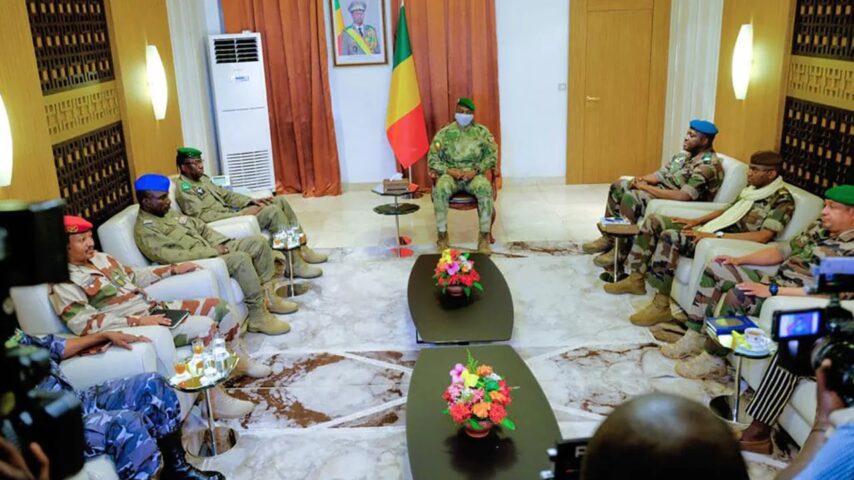
Is the objective really to restore democracy in Niger?
One cannot answer the question independently of the state of democracy in the region, especially in the countries whose leaders are most vocal about the use of force. Not only have some heads of state been in power for more than 30 years, over the past decade or so, democracy has steadily declined in Africa, a continent where sons continued to succeed their deceased fathers in power without due process, and leader after leader have revised their countries’ constitution and turned around to claim that the new constitution signals a new beginning that allows them to serve one or more terms.
The leaders of two of the West African nations most adamant about the recourse to force to restore democracy in Niger don’t appear as real models of democracy in their own countries. It took multiple violent demonstrations and the loss of lives for President Macky Sall of Senegal, a country known for its democratic tradition, to renounce his plan to run for a third term. The record of President Patrice Talon of Benin, whose country was once hailed as a beacon of democracy, speaks for itself. Two months after Bola Tinubu took charge as the president of Nigeria, the majority of young voters still feel that their votes were suppressed amid the many irregularities that marked the election. (However, contrary to other African countries where such claims are swept under the rug, the case went to court and a resolution, unlikely to result in Tinubu’s removal, is expected).
Nations don’t have allies; they have interests
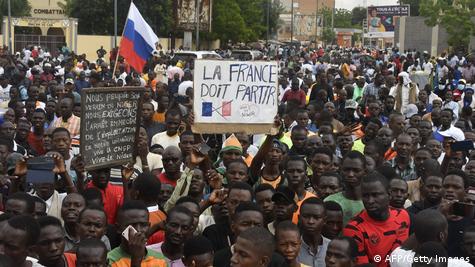
While both France and the United States are among the world’s leading democracies, their concerns about the coup transcend restoring democracy. The stability provided by a Mohamed Bazoum, while favoring peace and a semblance of economic stability in the country, serves France’s economic interests, and allows the United States—the biggest target of terrorist attacks—to continue its counterterrorism programs with its only ally now in the Sahel region. The United States and France are, therefore, in the forefront of the outside world’s condemnation of the coup in Niger.
Within a few days of the coup, France suspended its economic aid to Niger, followed by the United States and other European nations. When, on Thursday, Niger suspended its military and diplomatic relations with France, Paris rejected the decision on the ground that it does not recognize the new men in power in Niamey. Therefore, the 1500 French troops stationed in Niger are staying. That added fuel to the already high anti-French sentiments in the country. Niger is the world’s seventh-biggest producer of uranium, according to the World Nuclear Association (WNA). Until recently, Niger was the EU’s top uranium supplier, with France among its largest buyers. Already, news of the coup has caused a slight hike in uranium price, which might rise further. Bad news for France.
Jihadist attacks are a human tragedy and a destabilizing factor within Africa itself. But European and American leaders have the “Let’s stop them there before they come here” option—meaning fight terrorism from their countries—that they want to use thanks to reliable allies in the epicenter of jihadist violence that is the Sahel region. Hence, restore President Bazoum by all means.
If, in response to pressure from American and French leaders, African leaders throw the region into a war without thinking twice, the only lives to be lost would be those of Africans, the overwhelming majority of whom live in abject poverty while sitting on vast underground resources that the West buys on the cheap.
There appears to be no easy answer to this crisis. Africa is thirsty for democracy, and leaders are expected to allow its free flow, just as the population expects the leaders to fight jihadism ferociously. One would think that to fight these evils with the loss of thousands of African lives is not a viable option. The only effort to resolve the Nigerien crisis by diplomacy so far has been the failed initiative of the Nigerian delegation led by former Nigerian President Abdulsalami Abubakar. His fellow-countryman, former Vice President Atiku Abubakar, wrote on his X (formerly Twitter) page on Thursday, August 3: “As the ECOWAS continues to work towards reinstating democracy in the Republic of Niger, it must be reinforced that the regional body should not travel the road of military hostilities that may exacerbate the status quo.” He added, however, that “it must be clear to the military insurrectionists in the Republic of Niger that the world cannot afford to wait for too long before this crisis is resolved reasonably.”

